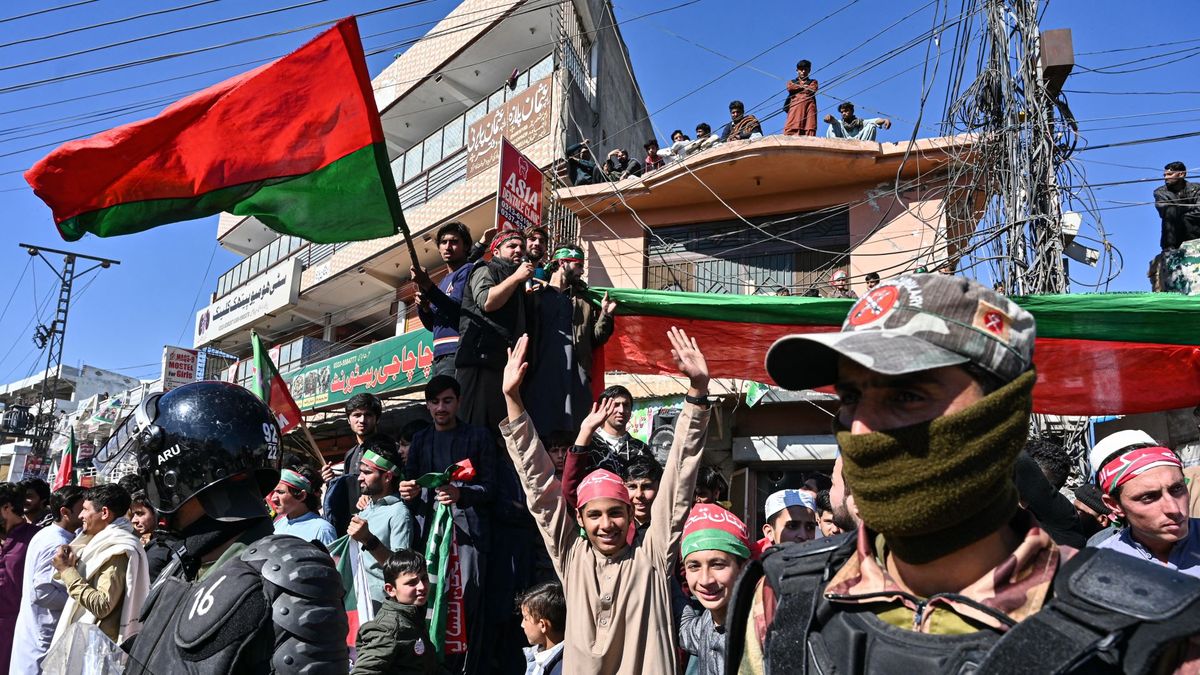Pakistan’s internet went dark while millions of citizens headed to the polls.
Today, February 8, 2024, Pakistanis were called to vote in a parliamentary election already busted by months of dissent, censorship, and violence. At last, the government decided to cut mobile networks and other internet data as the voting kicked off.
Authorities claim that online disruptions were a necessary security measure following yesterday’s terrorist attacks in the Balochistan province that killed at least 28 people. Yet, experts have been raising concerns over the government’s decision, deeming it a “disproportionate action” that jeopardizes democracy. As not even the best VPN services can help with this type of internet shutdown, voters were negatively impacted by the block throughout the day.
Pakistan election censorship
“Today’s events mark a huge backslide for democracy in Pakistan, ” Alp Toker, Netblock’s founder and director, told me.
A UK-based internet watchdog, NetBlocks, reported disruptions to Pakistan’s mobile internet starting from the early hours of the morning which seriously impacted the country’s second-largest operator, Zong. Fixed internet blackouts were recorded, too, across multiple regions.
“Although some of Pakistan’s censorship measures, for example when social media is targeted, can be effectively worked around with a VPN, when mobile or fixed-line blackouts are imposed, users have few means of recourse to get back online,” Toker, explained.
Short for virtual private network, a VPN is a security software that both encrypts internet connections and spoofs your IP address. The latter skill is exactly what’s needed to bypass geo-restrictions—and, the reason why spikes in VPN usage are normally recorded in case of government-imposed disruptions to the internet. However, you must be connected to the web to do so.
All this meant that there were barely any ways to stay connected during these crucial times. As Al Jazeera reported, people lamented the lack of access to the necessary information to cast their vote correctly, such as candidates’ names and party symbols. Citizens were also prevented from communicating with each other and planning their transport to the polls effectively.
Toker told me they have tracked an increase in satellite network usage, too, as the election day shutdown came into place. However, “this is not widely available to ordinary citizens,” he added.
Interesting – the same moment telecoms networks were shut down across #Pakistan as polls opened for today’s elections, satellite internet operator Yahsat (YahClick) saw a huge rise in connectivity – to whom this exclusive service is provided we don’t know 🛰️ (data via @netblocks) pic.twitter.com/DR9hkgEpewFebruary 8, 2024
That’s not the first time Pakistan’s authorities pulled the plug on the internet to stifle political opposition. As Toker noted, “Pakistan’s election day internet blackout follows several months of nation-scale network censorship targeting former Prime Minister Imran Khan and his party PTI.”
The most recent of such events occurred exactly a month away from elections, in fact. On that occasion, the government throttled access to popular social media platforms during an online event organized by the jailed former prime minister’s party. Unlike today, though, citizens were then able to turn to VPN apps to keep accessing the open internet.
VPN provider Proton VPN confirmed TechRadar a steady increase in users within the country in recent months, in fact.
“We have seen three VPN spikes coincide with internet outages clearly planned to disrupt online events organized by the Pakistani opposition party, PTI. This led to a 400% increase in sign-ups to Proton VPN in early January 2023. As a result of this, daily user numbers are currently 40% higher on average than they were two months ago,” Samuele Kaplun, VPN Lead at Proton VPN, told me.
Digital rights advocates and internet experts have long been warning that such measures seriously hinder the democratic process as well as the efforts to track and report potential voting irregularities. They are now calling authorities to immediately reconnect Pakistan’s internet.
Felicia Antonio, #KeepItOn campaign manager at Access Now working to halt internet shutdowns across the globe, said: “Completely shutting down access to mobile communications on voting day, of all days, is unacceptable—the people of Pakistan need internet access to ensure a free, fair, and inclusive election. Authorities’ decision to sever access to information discredits the integrity of Pakistan’s election.”





